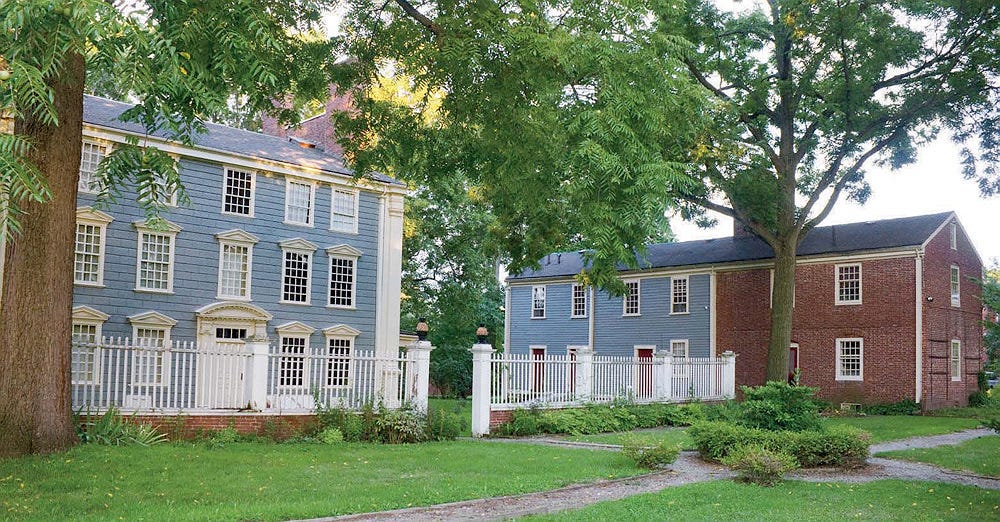It seems like you can’t go a week without reading a story about a historic site gone wrong. Historic plantations and other sites focused on the history of slavery are more often than not the focus of our derision, but there are plenty of other contenders.
James E. Loewen built a career in calling out the “lies” that we learned and continue to learn in the classroom as well as the places that continue to fall short in their site interpretation.
What I didn’t know is that before his death in 2021, Jim was working on a book, titled Surprises on the Land: Unexpected Places that Get History Right that showcases historic sites and places that go above and beyond in getting the story right. This could be in the form of a monument or marker dedicated in a public space or a historic site.
This will be a book (and web page) celebrating unexpected places that get history right: historic sites that tell important but often little known stories and do it well. The book will also celebrate people who have “gotten it right” — revised our landscape to recognize difficult incidents in all their complexity.
What a wonderful idea and I do hope that someone picks up the mantle and carries on with this project.
We need to do a better job of recognizing the people and places that do the hard work and often take risks in trying to share history that is complex and controversial with the general public.
For this Open-Thread Thursday I want to ask you to help me fill out the table of contents for just such a book and let’s do it in memory of Jim Loewen.
I’ll get us started by singling out the Royall House and Slave Quarters in Medford, Massachusetts. From the website:
The Royall House and Slave Quarters functions as a site of memory. In the eighteenth century, the plantation was home to the Royalls, the largest slaveholding family in Massachusetts, and at least sixty enslaved women, men, and children whose forced labor helped build the Royall family’s wealth. As one of the only remaining freestanding quarters where enslaved people lived and worked in the North, the museum bears witness to their lives, to the intertwined stories of wealth and bondage in pre-Revolutionary Massachusetts, and to the resistance and political and legal activism of enslaved and free Black people in the eighteenth century.
I’ve visited on a number of occasions and even had the honor of speaking at the Royall House during my last book tour. It’s one of the few places in New England that focuses specificially on the history of slavery and the lives of the enslaved.
The tours are enlightening. The lives of the enslaved are always center stage when walking through the Royall House and especially in the slave quarters itself. There is simply no better place to interpret this difficult history in the Greater Boston area.






I enjoyed Hermann-Grima House in New Orleans. I happened in on the way to the Apothecary Museum and was pleasantly surprised by their tour.
I didn't get a chance to go to any plantation tours because of Covid.
I may be a little biased, but I have to think that the Battle of Franklin Trust sites in Middle Tennessee are doing the right things when it comes to discussions of race, slavery, the Civil War, and its impact on the people in Franklin in 1864 and beyond. The research that has been done on the enslaved all three sites is top tier and the inclusion of their stories is very much a part of the identity of each site. That, on top of the work that has been done to reclaim portions of battlefield to better interpret the combat that took place, I think is extraordinary.